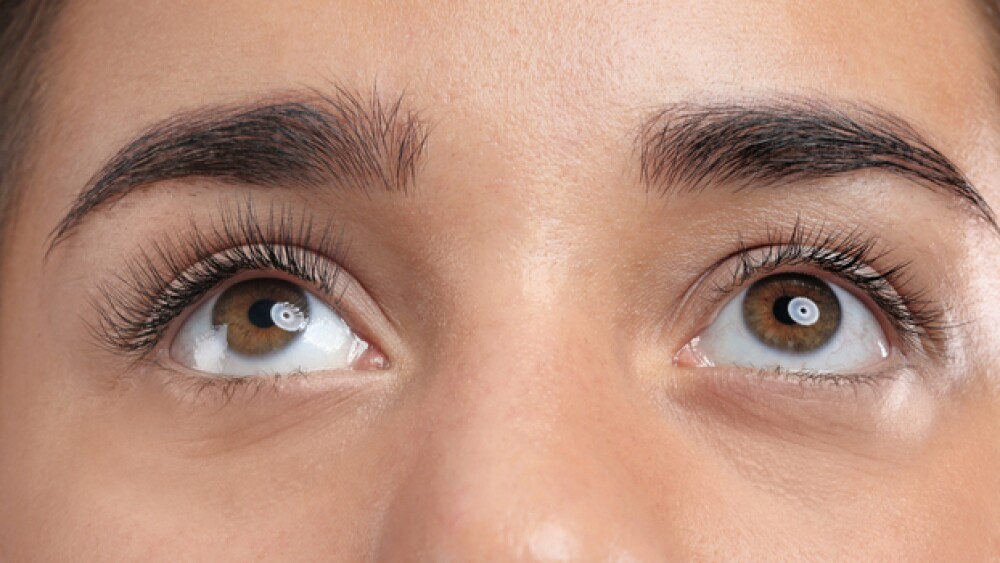Gyroscope Therapeutics, headquartered in Stevenage, UK, is merging with Ambler, Pennsylvania-based Orbit Biomedical. They will operate under the Gyroscope name and focus on gene therapies for diseases of the eye.
Gyroscope Therapeutics, headquartered in Stevenage, UK, is merging with Ambler, Pennsylvania-based Orbit Biomedical. They will operate under the Gyroscope name and focus on gene therapies for diseases of the eye.
Gyroscope Therapeutics’ focus is on gene therapy for eye diseases associated with an unbalanced complement system, an aspect of the immune system. The company’s lead compound is GT005, currently in a Phase I/II FOCUS clinical trial in advanced dry age-related macular degeneration (AMD). Its goal is to deliver a targeted, single dose to modulate complement activity.
Orbit Biomedical is a specialist medical device company operating at what it called “the intersection of biomedical engineering, surgeon training and curative therapeutics.” It has a short surgical procedure in which a microcannula accesses the subretinal space from the front of the eye “by approaching it through the suprachoroidal tissue layer,” without removing the vitreal fluid found in the center of the eye or actually piercing the retina.
Both companies were part of the Syncoma investment group. Syncoma provided the Series A funding in 2018 that founded Orbit.
“Gyroscope is one of the first companies globally to move gene therapy out of rare diseases through the delivery of natural regulatory proteins,” stated Chris Hollowood, chair of Gyroscope and chief investment officer of Syncova.
Hollowood went on to say, “As retinal gene therapy progresses to more prevalent conditions, delivering a therapeutic in a way that ensures higher consistency of dosing, whilst allowing patients to receive a less invasive treatment, is key to widespread use and clinical effectiveness. The merger ensures Gyroscope now has all the platform capabilities it requires to develop and deliver its therapeutics commercially. This marks an important step in fulfilling founding academics, David Kavanagh and Andrew Lotery’s vision of widespread use of genetically defined treatments for dry AMD.”
Under the merger, Khurem Farooq will be the newly appointed chief executive officer. Before joining the company, he was senior vice president of Immunology and Ophthalmology at Genentech.
“It is an exciting time to join Gyroscope with our first clinical study in patients with geographic atrophy due to dry AMD underway,” Farooq stated. “By joining forces with Orbit, we can combine our expertise in developing gene therapies and our high-quality manufacturing processes with a surgical platform that can support accurate, safe and consistent delivery of medicines that will hopefully cure eye diseases that today leave people blind.”
The newly merged company’s leadership team will include Soraya Bekkali as president, head of Research and Development; Susan Hill, who launched Orbit, will become Gyroscope’s chief business officer; Mike Keane, Orbit founder, will be Gyroscope’s chief technology officer and oversee the Orbit platform; Ashwin Datt will be chief people officer; and Ian Clark, most recently chief executive officer of Genentech, has been appointed as non-executive director.
Syncona will own 82% of the new company, a holding with a value of about $38 million.
One reason diseases of the eye, such as Spark’s Luxturna, are at the forefront of gene therapy is because it’s easier to deliver gene therapy to the eye directly than for a systemic dosing for other diseases.
On April 8, Ocugen and Histogenics announced a merger deal that will create a publicly traded company under the Ocugen name. Like Gyroscope, the new entity will focus on gene therapies for eye diseases. Ocugen’s modifier gene therapy platform is licensed from the Schepens Eye Research Institute of Massachusetts Eye and Ear (Harvard Medical School). This platform involves targeted delivery and expression of one or more nuclear hormone receptor (NHR) genes into the eye. Histogen is based in Boston and Ocugen is based in Malvern, Pennsylvania.





